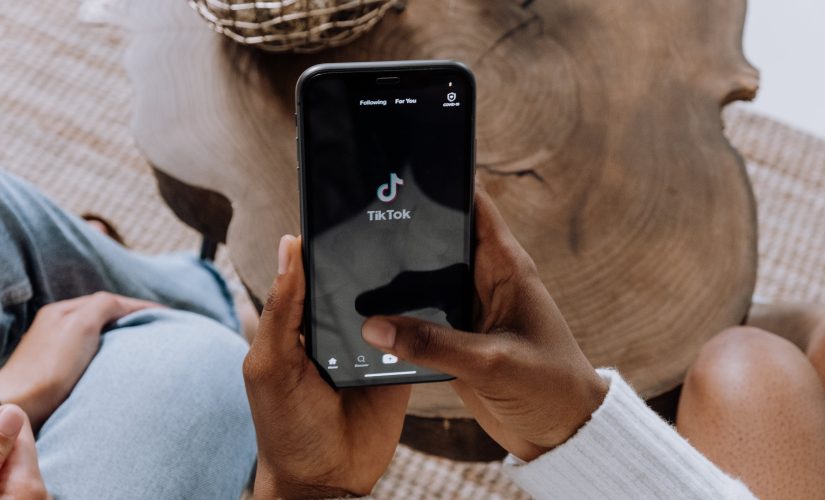A Texas judge has upheld a ban on TikTok on government devices in the U.S. state.
The ban covers all state-owned devices and networks of state employees, including public university employees.
The decision made on Monday by District Judge Robert Pitmans was “motivated by data protection concerns and calling “a reasonable restriction on access to TikTok.” as reports Reuters.
More than 30 states and U.S. federal agencies have issued a ban on TikTok, including the Department of Homeland Security and the White House.
Texas lawmakers bulwark against foreign-owned apps like TikTok
Judge Pitman argued that concerns around device and data security are the key to the ban being upheld against the suit filed by the Knight First Institute of Columbia University.
This decision is one of many made in the state of Texas to reinforce restrictions on the Beijing-based video app.
The Office of Texas Governor Greg Abbott issued a statement ordering “to ban the use of TikTok on any government-issued devices as the threat of the Chinese Communist Party gaining access to critical U.S. information and infrastructure continues to grow.”
Texas and Governor Gregg Abbott have taken a direct approach to apps owned and controlled outside of the US with policies and acts like the Lone Star Infrastructure Act “prohibiting contracts or other agreements with certain foreign-owned companies in connection with critical infrastructure in this state.”
How many users does TikTok have?
TikTok, owned by China’s ByteDance, reached one billion accounts in September of this year proving the popularity of the app.
The most popular trends of this year’s TikTok 2023 in the review were released last week.
The video app has 1.6 billion accounts, with an estimated 150 million US-based users.
ByteDance – the parent company behind TikTok
ByteDance announced significant investment and research into another app that hopes to “enable users to create their artificial intelligence (AI) chatbots.” The Chinese tech giant is the latest large technology company to move into generative AI.
This week US investors heavily backed Mistral, the French AI company to the tune of $414 million in the initial round of fundraising. US investors hope to have a large say as the emerging technology becomes more present in consumer life.
Other global regions are reacting to the use of AI software and it’s proposing ethical deployment. The 27 EU member states recently voted to agree to the Artificial Intelligence Act. Making the EU the first group of nations to enforce governance on AI usage and development.
Image credit: cottonbro studio, Pexels.





